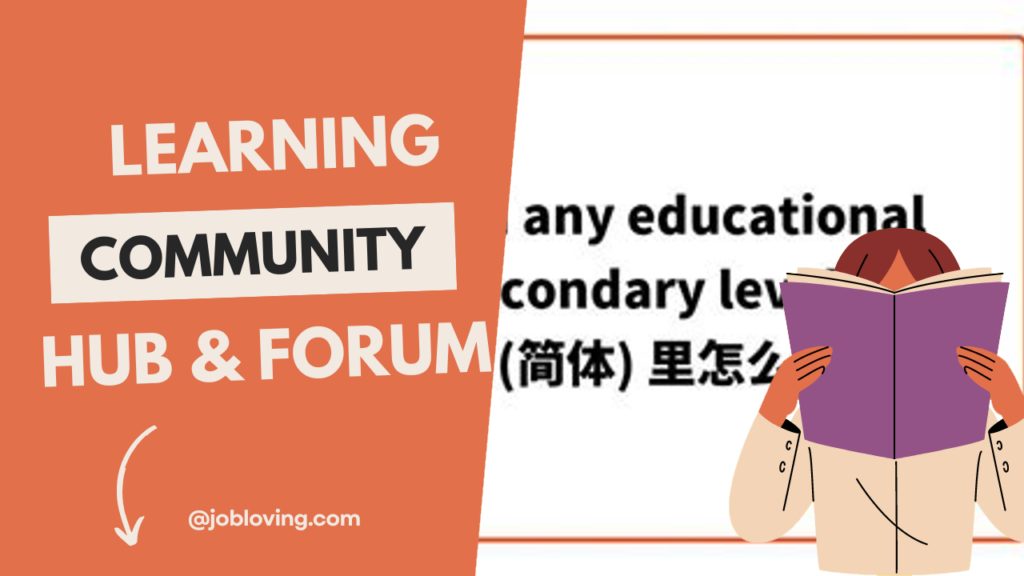Have you ever stopped to think about the significance of your educational journey? When an application or resumé asks, “Have you attended any educational institutions at a secondary level or above?”, it’s digging into your academic background beyond the basics. This information helps potential employers or academic institutions gauge your qualifications and experiences. So, what’s the real scoop?
Quick Answer: List all schools, colleges, or universities you’ve attended after primary school.
When they ask if you’ve attended educational institutions at a secondary level or above, they want you to provide details about any schools, colleges, or universities you’ve been to after you finished primary school. This typically includes high schools, community colleges, and universities. If you’re currently enrolled in any of these institutions or are a full-time worker, you don’t need to list out details that you’ve previously mentioned in earlier sections—unless you’re feeling particularly nostalgic! It’s all about showcasing your educational trajectory to ensure it aligns with the requirements of the position or program you’re interested in.
Keep in mind, showcasing your academic achievements is a form of strategic storytelling. It paints a picture of your dedication to learning and personal growth beyond those foundational years. So, make sure to include relevant details that truly reflect your educational experience!
If you have any lingering doubts or questions about constructing your educational section or you’re itching to grab more resources on resumes and job applications, the JobLoving community would love to have you! Join us for a wealth of useful insights and support on your journey to career success.
Key Points
Impact sur l’employabilité et les revenus
- Attending secondary education or higher significantly increases employability and potential earnings in various fields.
- Graduates from secondary and higher education tend to have lower unemployment rates compared to others.
- Increased educational attainment often leads to greater job satisfaction and overall life fulfillment.
- Educational qualifications often serve as prerequisites for many professional licenses and certifications in various industries.
- Individuals with higher education levels often experience better health outcomes and longer life expectancies.
- Educational attainment correlates with improved critical thinking skills and problem-solving abilities in individuals.
- Educational experiences contribute to personal development, including self-discipline, resilience, and adaptability in life.
- Higher education enhances communication skills, essential for effective collaboration in diverse work environments.
- Attending educational institutions promotes cultural awareness and sensitivity among diverse groups of people.
- Secondary and higher education can provide individuals with the tools needed for informed decision-making.

